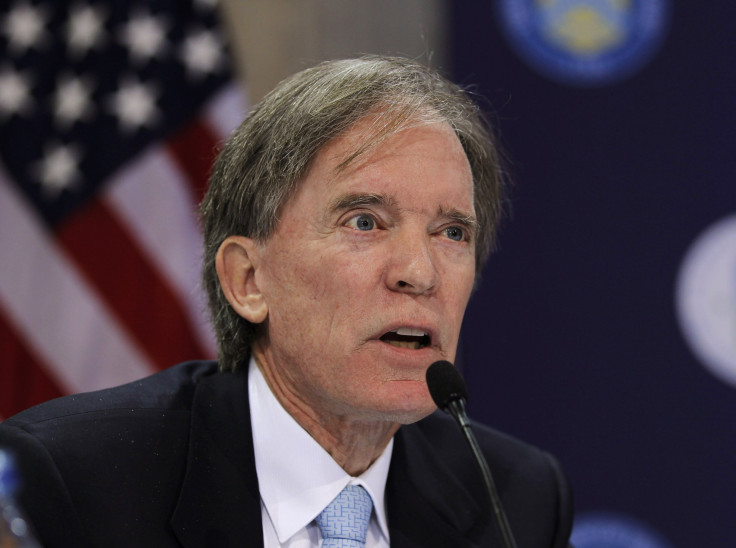Capital Gains Tax: PIMCO Chief Bill Gross Says Era Of Taxing Investment Income Lower Than Other Income Should End

It seems like the last thing you'd expect to hear from the head of a massive global fixed-income investment firm, but here it is: “The era of taxing ‘capital’ at lower rates than ‘labor’ should now end.”
Those words came from William Gross, co-founder of Newport, Calif.-based Pacific Investment Management (aka PIMCO), which has $2 trillion under management, in his latest monthly report. Gross thinks that the 15 percent capital gains tax rate (what people pay when they use money to make more money, which is lower than the top five of the seven federal income tax rates) is not only too low but also should be at least equal to the rate paid by people who actually work for a living (vs. having their money work for them).
Here’s some more from one of the leading capitalists in the country in his report:
"Having benefited enormously via the leveraging of capital since the beginning of my career and having shared a decreasing percentage of my income thanks to Presidents Reagan and Bush 43 via lower government taxes, I now find my intellectual leanings shifting to the plight of labor. I often tell my wife Sue it’s probably a Kennedy-esque type of phenomenon. Having gotten rich at the expense of labor, the guilt sets in and I begin to feel sorry for the less well-off . . . I would ask the Scrooge McDucks of the world who so vehemently criticize what they consider to be counterproductive, even crippling taxation of the wealthy in the midst of historically high corporate profits and personal income, to consider this: Instead of approaching the tax reform argument from the standpoint of what an enormous percentage of the overall income taxes the top 1% pay, consider how much of the national income you’ve been privileged to make."
Gross is not the only member of the proverbial 0.01 percent to have come to this conclusion. Warren Buffet, the “Oracle of Omaha” and CEO of Berkshire Hathaway, and American hedge fund manager Stanley Druckenmiller and Alan Greenspan have expressed similar concerns over this regressive form of taxation.
During an Oct. 21 appearance on "The Daily Show With Jon Stewart," Alan Greenspan said he never understood why capital gains income was taxed at a lower rate than regular income.
“The only time we’ve had real, substantial tax reform was 1986. And at that particular point they [lawmakers] made them [capital gains taxes and income taxes] equal,” the former Federal Reserve Bank chairman told Stewart. “This is a debatable issue, but I’ve never understood the difference [between income from capital gains and regular income].”
Watch the Greenspan interview here. Jump to minute 05:20 to hear Greenspan and Stewart discuss this issue.
© Copyright IBTimes 2024. All rights reserved.






















